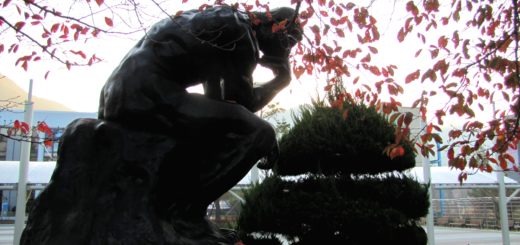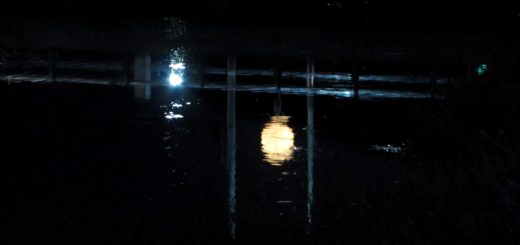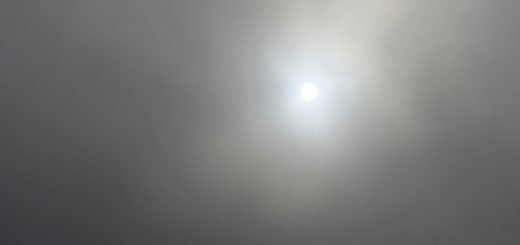The Art of Uncertainty, Part One

Even in today’s deteriorated educational climate, many university students are still surprisingly susceptible to confusion and self-doubt about “meaning of life” questions. In other words, they are still capable of responding to life as tender spirits, rather than merely as products on the assembly line at the worker-unit factory. In fact, such confusion and self-doubt, though now treated as grounds for a trip to the hospital for psychiatric “medication” (i.e., moral lobotomy), were once regarded as almost definitive of a full and proper university experience. Therefore, as a teacher who sees his role more traditionally, and who is often in the position to engage students on such meaning-of-life matters, in or out of class, I am frequently afforded opportunities to wax philosophical about goals, failure, and life problems, which means I am in the position of offering direction and encouragement to young people who are concerned that they might be losing their way.
However, from my peculiar Socratic-Aristotelian-Nietzschean-Stoic composite view, and in stark contrast to the modern perspective which views emotional depth as an illness, the kind of encouraging words I am inclined to offer to those facing difficult predicaments — spiritual, practical, moral — are never the trite and false-ringing “You can do it!” but rather the paradoxical and challenging “Why did you think you should be able to do it?” That is to say, I believe that reconciling oneself to one’s situation, and finally overcoming or transcending it, is partly a matter of recognizing that all “situations” are really just life itself in microcosm. The initially narrow perspective is inevitable, since we all see ourselves first, the world last. The necessary remedy, then, is to step back from the natural but provisional microcosmic view to apprehend the broader picture, at which point the microcosmic worry, set in its true context, fades back to its proper emotional proportions. And it is from this wider, less immediately personal perspective that any fruitful self-examination may begin.
All the basic meaning of life questions we ask ourselves are variations on “What should I do?” which is a personalized variant of the more fundamental question, “What is best?” This question in turn has significance — verbally and, if you will, metaphysically — only in light of the even more fundamental question: “What is the good?” And to answer this question would be to understand the essential constituents of reality and the corresponding place or purpose of human life within that reality.
Thus, the more superficial of the above questions can only be answered on the basis of some implicit answer to the more profound ones. In fact, everyone is implicitly answering the more profound questions every time he tries to answer the more superficial ones. For example, if I say, “I should pursue every kind of pleasure, since I only live once,” then I am assuming that the life of pleasure is best, which in turn implies that pleasure itself, or perhaps the cause of pleasure, is the human good.
Therefore, since everyone is effectively manifesting one or another answer to the more profound questions every time he makes a significant decision in life, the person who imagines he can find the right path without troubling himself over those deeper questions of ultimate good and natural purpose — the philosophic questions — is merely surrendering his soul and his life to the dictates and direction of whatever implicit answers to those questions he has unreflectively absorbed from his environment. In other words, he is merely following a path laid for him by countless and faceless strangers, without ever having determined whether it is a beneficial path or a destructive one.
At this point, however, we face a problem. For to say that without firmly grounded and true answers to the most essential questions of being and purpose (What is the world? What am I? What is my place within the whole?), we cannot hope to make the best choices in our lives, is to say that we can never find the life we all desire — the good, i.e., happy life — until and unless we attain that ultimate wisdom which seems to have eluded mankind throughout the millennia. Does this not destroy any realistic hope of choosing and living well, then, indirectly lending credence to those who would urge us to dispense with all questions of truth and meaning and simply give in to the nihilistic impulse to chase the pleasures nearest to hand, whether they be pleasures of security and comfort or pleasures of excitement and release?


